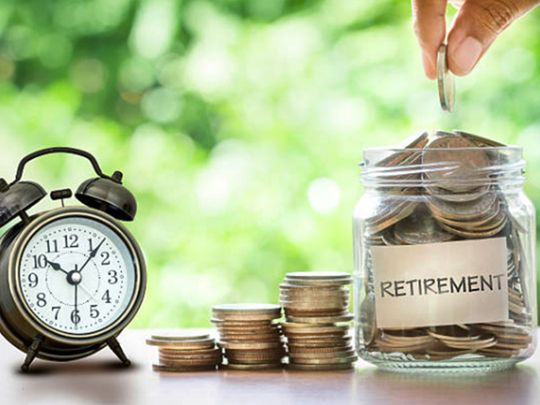
Life expectancy calculators predict I'll live to about 80. An insurance company's version says I should expect to die at 98. A longevity calculator created by those who debate the data from insurance risk statisticians, put the odds at only 32 per cent that I'll make it to 95.
Eventually, I'll find out which life expectancy calculator was most accurate. In the meantime, the different results help illustrate one of the most important and difficult calculations in retirement savings planning: figuring out when it will end.
People who underestimate their life expectancy could save too little for retirement and run short of cash. People who overestimate how long they'll live might stay in the workforce longer than they want to or spend less in retirement than they could.
Why life expectancy matters
Assumptions about life expectancy can make a dramatic difference in retirement strategies. For example, people who expect their retirement to last 20 years could withdraw 4.7 per cent of their nest egg the first year and have a 90 per cent chance their money would last, according to calculations by David Blanchett, head of retirement research at Morningstar, a US-based investment research firm. To have a similar success rate with a 30-year retirement, the initial withdrawal would have to drop to 3 per cent.
Given those assumptions, someone who wanted to withdraw $25,000 (Dh91,824) the first year from their retirement funds would need to save about $532,000 (about Dh2 million) to fund a 20-year retirement. Planning for a 30-year retirement would mean saving $833,000 (roughly Dh3 million), or about 57 per cent more.
also read
- Expats: How much money should you set aside each month to retire in the UAE?
- UAE retirement plans: It is possible to enjoy retirement with the little income you earn now
- UAE expat problems: Finding a retirement plan before settling down!
- UAE: Save for retirement or pay off the mortgage - how to choose?
How life expectancies can differ
The first thing to keep in mind is that the longer you live, the longer you're likely to live. At birth, globally the male has an average life expectancy of about 70 years and the average female 75 years, according to current data from the World Bank. If you make it to 65, though, the average man and woman can expect to live to over 80.
Also, married couples need to plan for longer life spans. That's not only because married people live longer than singles, but also because the chance of either person being alive at a certain age is typically greater than their individual chances. There's a 50 per cent chance that at least one member of a married couple, both age 65, will be alive at 92, according to statistical analysis.
Other factors can add or subtract years from someone's life expectancy. The more income and education you have, the longer you are likely to live. Ethnicity, lifestyle, health and family history play significant roles too.
How financial planners estimate life expectancy
Many financial planners, whose clients tend to have higher incomes, use age 90 or 95 as default life expectancies, Morningstar research has found. Most planners would acknowledge that their clients are likely to reach that age, but he prefers to err on the conservative side.
Some certified financial planners take a different approach that factors in the client's financial resources, health and family history. If a client's funds are projected to run out in their mid-80s and they're in good health or have long-lived relatives, and they will help them work out a Plan B.
“We discuss potential ways to reduce spending in the future or the possibility of tapping home equity at some point,” said US-based financial planner Carolyn McClanahan.
Morningstar's Blanchett suggests another option: Create a personalised estimate using a life expectancy calculator that at least factors in gender, smoking status, income and health, then add a few years to create a cushion. Based on his research, he suggests adding five years to the personalized life expectancy estimate for a single person. For married couples, he recommends adding eight years to the longer of the two life expectancies.
We can't know for sure when retirement will end - only that it will. A reasonable estimate of when helps us know how much to save and spend in the meantime.








